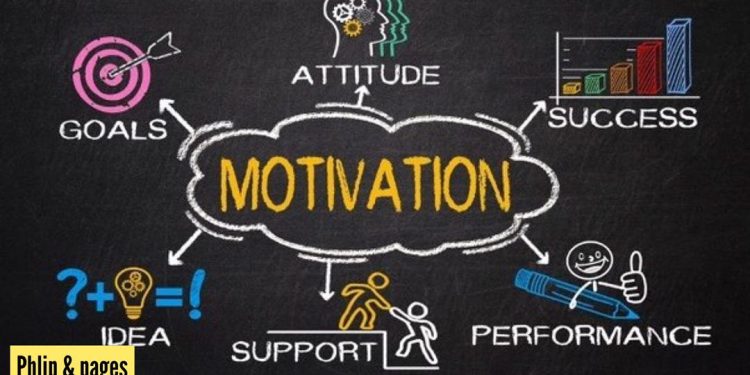Motivation is a fundamental aspect of human behavior, serving as the driving force behind our actions and decisions. Understanding what motivates individuals is essential for comprehending their behaviors in various contexts. This article explores the concept of motivation and delves into different theories that attempt to explain why humans do what they do.
Intrinsic Motivation: The Power Within
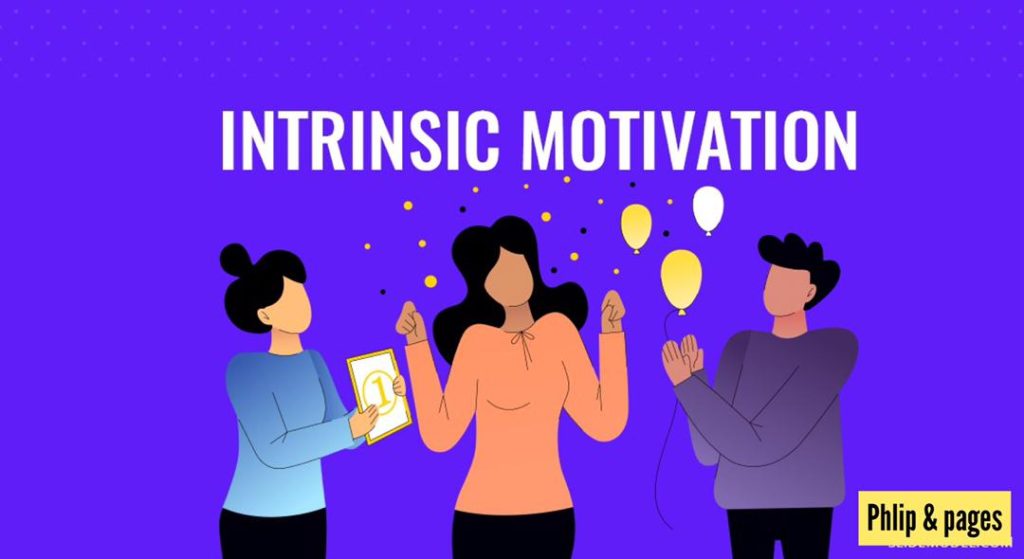
Intrinsic motivation refers to engaging in activities or pursuing goals because they are inherently rewarding or enjoyable. Key aspects related to intrinsic motivation include:
Autonomy
Autonomy involves having control over one’s actions and choices, which fosters a sense of personal agency and self-determination. When individuals have autonomy, they are more likely to be intrinsically motivated.
Competence
The need for competence drives individuals to seek opportunities for growth, mastery, and skill development. Engaging in activities that allow them to showcase their abilities can enhance intrinsic motivation.
Relatedness
Relatedness refers to the desire for social connections and positive relationships with others. When individuals feel connected and supported by those around them, it can increase their intrinsic motivation.
Extrinsic Motivation: External Rewards & Punishments

Extrinsic motivation involves engaging in activities due to external factors such as rewards or punishments rather than inherent enjoyment. Here are some key considerations regarding extrinsic motivation:
Rewards
External rewards like money, recognition, or praise can serve as incentives that drive behavior.Extrinsic motivations may be effective short-term solutions but might not sustain long-term commitment without also nurturing intrinsic motivations.
Punishments
Fear of punishment can motivate people to avoid certain behaviors.While punishments may deter undesirable actions temporarily,the long-lasting impact on sustained behavioral change might be limited if alternative sources of motivational influence aren’t addressed simultaneously.
Maslow’s Hierarchy of Needs: Seeking Fulfillment
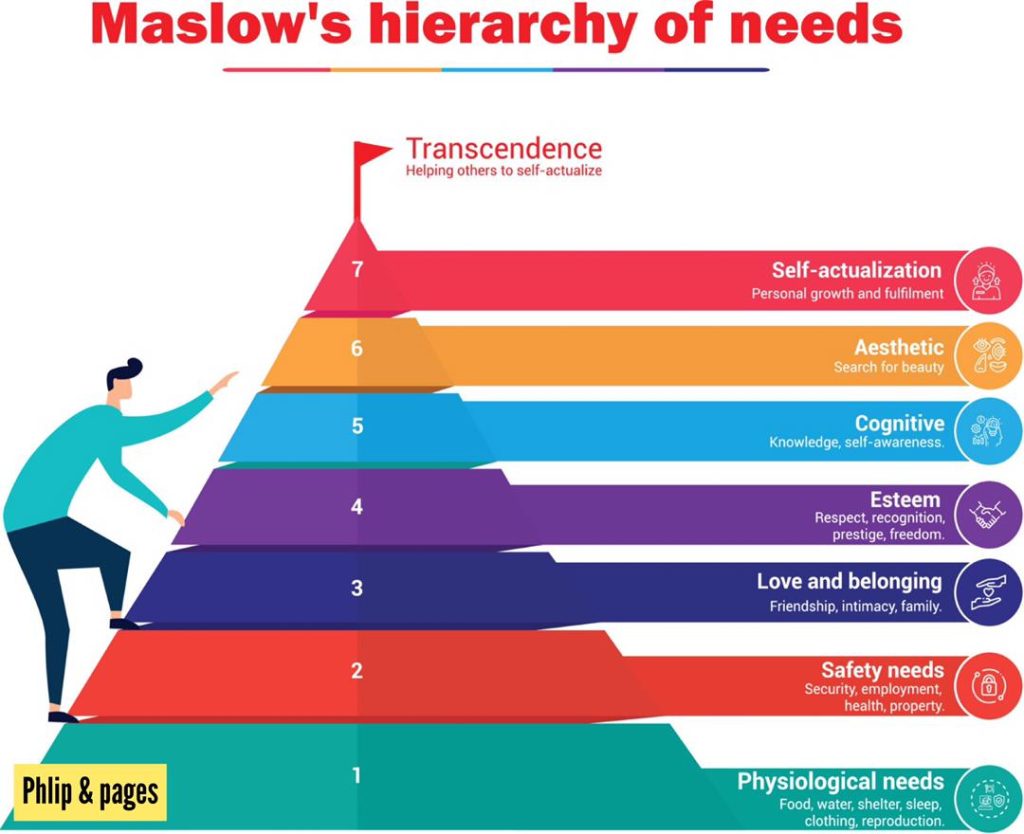
Maslow’s hierarchy of needs proposes a framework outlining different levels of human needs that drive behavior. The hierarchy includes:
Physiological Needs
Basic physiological needs like food, water, shelter, and sleep form the foundation for motivation.
Safety Needs
Once physiological needs are met, individuals seek safety and security in their lives. This can include physical safety as well as financial and emotional stability.
Social Belongingness
The need for social belongingness drives individuals to seek connections, love, and acceptance within relationships or communities.
Esteem Needs
Esteem needs involve the desire for recognition,respect,and a sense of accomplishment both from oneself and others.
Self-Actualization
Self-actualization represents the highest level of motivation where individuals strive to fulfill their unique potential,pursue personal growth,and find meaning in life.
Expectancy Theory: Linking Effort to Outcome
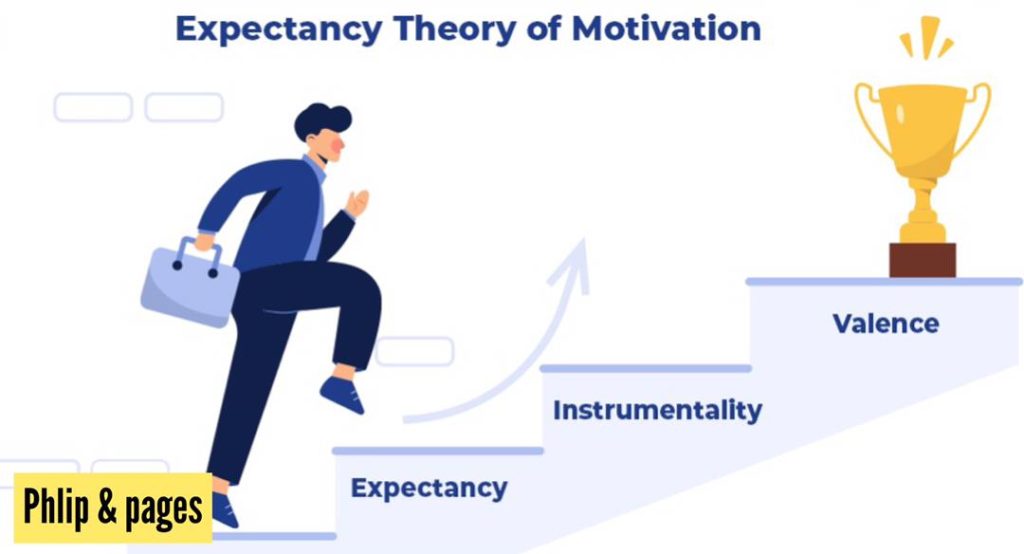
Expectancy theory suggests that an individual’s motivation is influenced by their expectations regarding effort-performance linkage,reward valence,and belief in achieving desired outcomes.This theory highlights:
Effort-Performance Linkage
Individuals are motivated when they believe that their efforts will lead to successful performance outcomes. When they see a clear connection between what they do and positive results,it enhances motivation.
Reward Valence
Reward valence refers to how desirable or valuable an individual perceives a particular outcome or reward. If the expected rewards align with personal goals or values,the motivational impact increases significantly
Conclusion
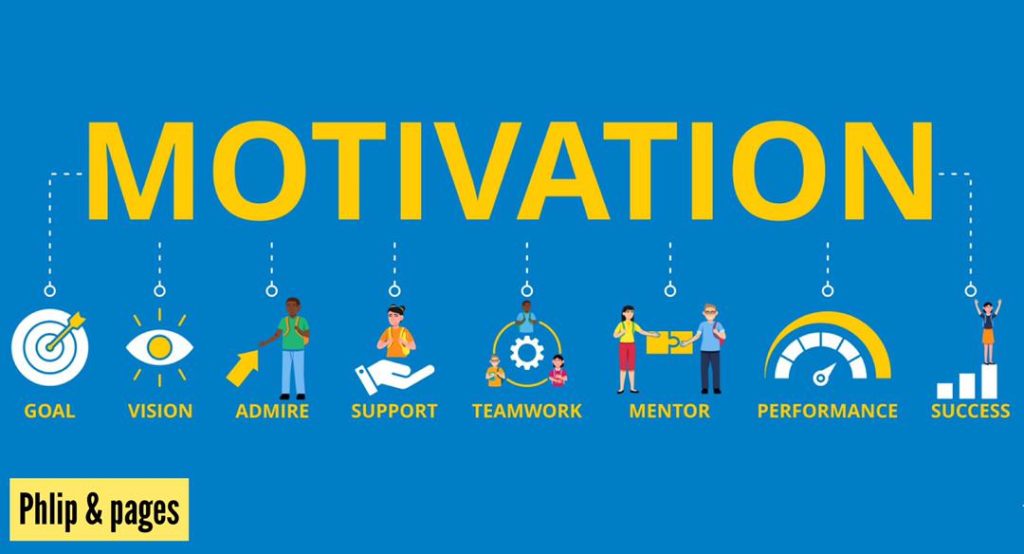
Motivation serves as a powerful driving force behind human actions.Understanding intrinsic motivations such as autonomy,competence,and relatedness alongside extrinsic motivators like rewards or punishments helps shed light on why people behave in certain ways.Additionally,Maslow’s hierarchy of needs provides insights into various levels of human motivations.Expectancy theory links effort with anticipated outcomes.By recognizing these theories we gain insight into what influences behavior,making it possible to foster environments conducive to greater motivation,resulting in enhanced engagement,outcomes,and personal fulfillment.


